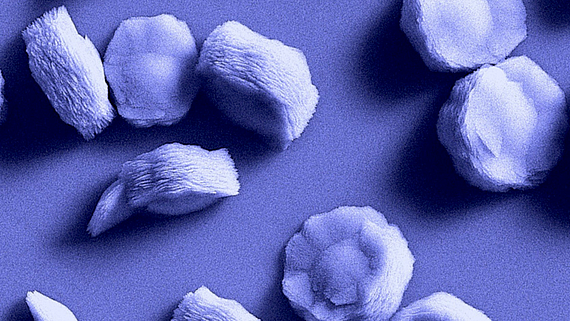
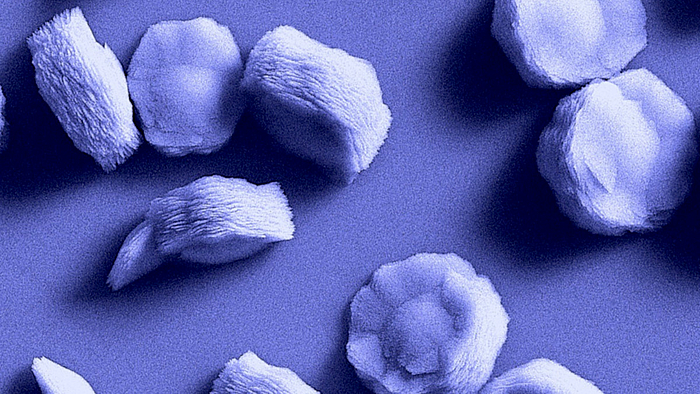
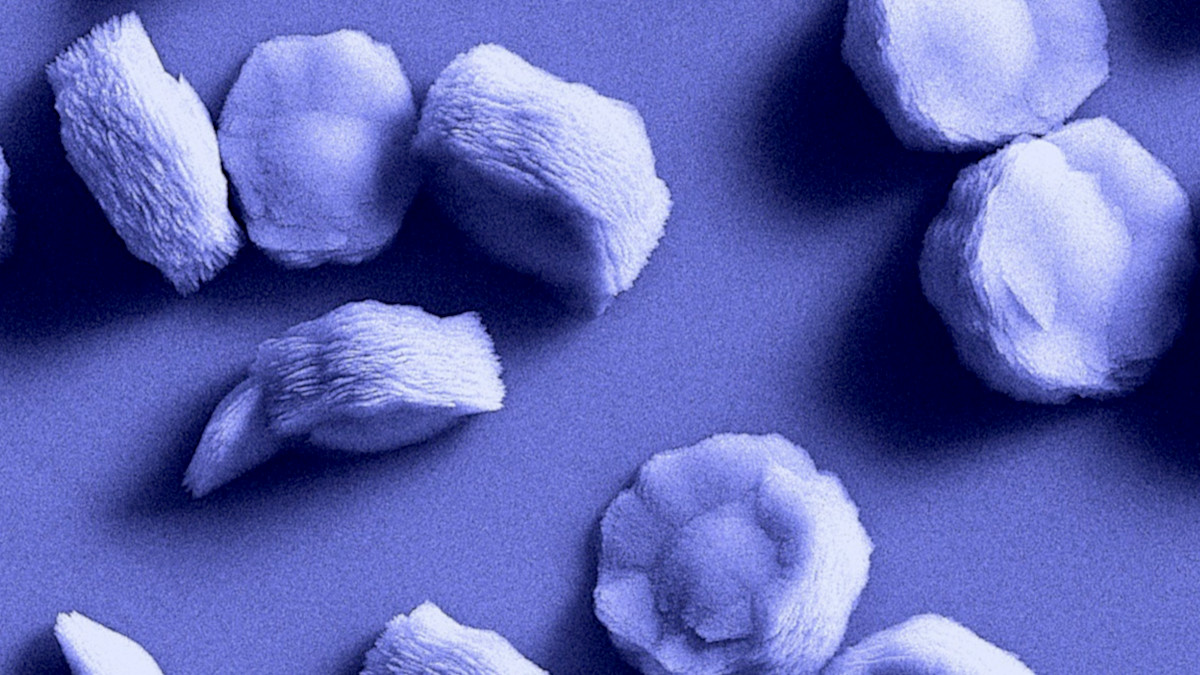 ©
Maxim Gindele
©
Maxim Gindele
The analytical expertise of the Gebauer group is the development and combination of various methods for the detailed and quantitative study of the mechanisms of the formation of solids from solution. The focus of current research activities lies on amorphous precursors and intermediates in the crystallization of the most important biominerals, other technologically relevant minerals but also of small organic molecules. Even though such processes are ubiquitous and are used in countless applications, the fundamental understanding of the underlying mechanisms remains limited. New insights are crucial for, e.g. the target-oriented design of materials.
Analytics and method development
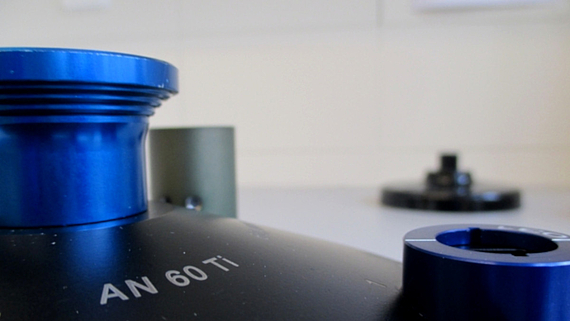
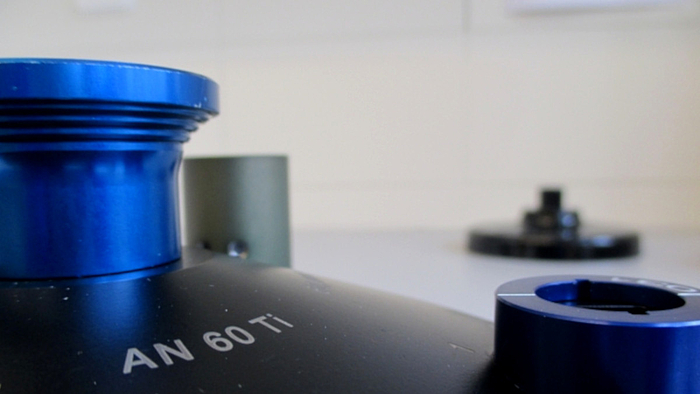
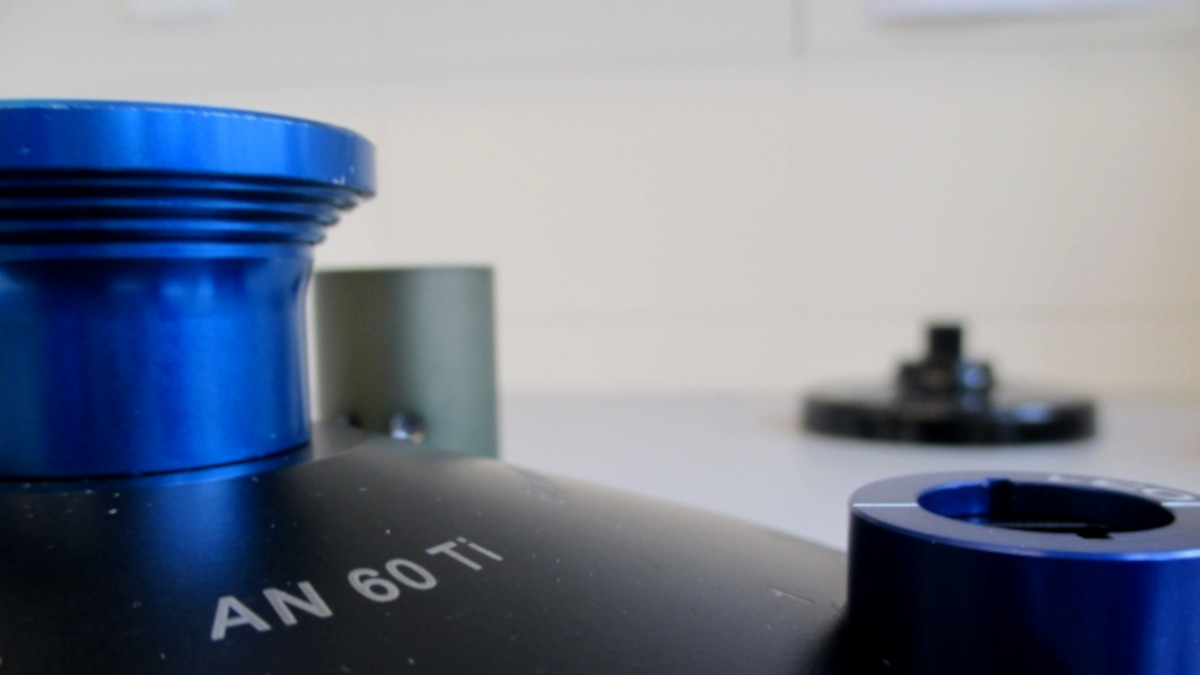 ©
Eduard Groß
©
Eduard Groß
Thorough physical-chemical analyses of nucleation and crystallization pathways are clue to obtaining new insights into the mechanisms underlying the formation of solids from solution. These are inherently and deeply rooted within analytical chemistry; the combination of various methods is a must. Our main expertise lies in the employment and development of advanced potentiometric titration assays, analytical ultracentrifugation, mass spectrometry and infrared spectroscopy. Many more methods are used in the Gebauer group, or in collaboration with internal and/or external partner groups. Collaboration with theoretical groups is important, so as to achieve a unification of theory and experiment and obtain an atomistic understanding of the mechanisms underlying the formation of solids from solution.
Bio- and biomimetic mineralization
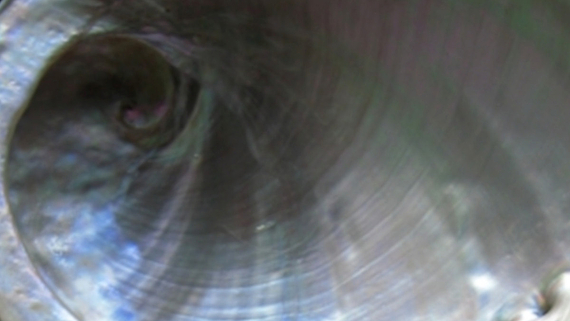
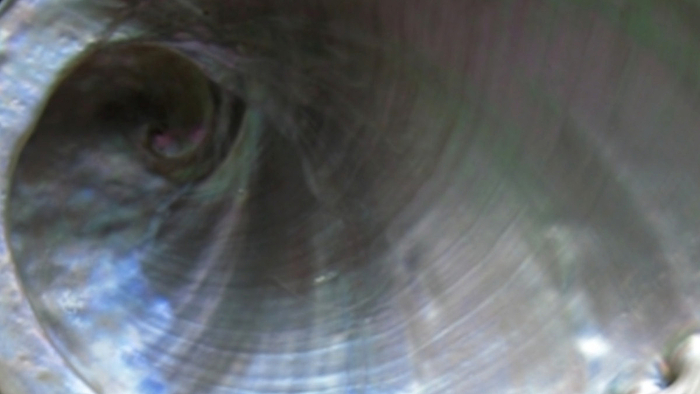
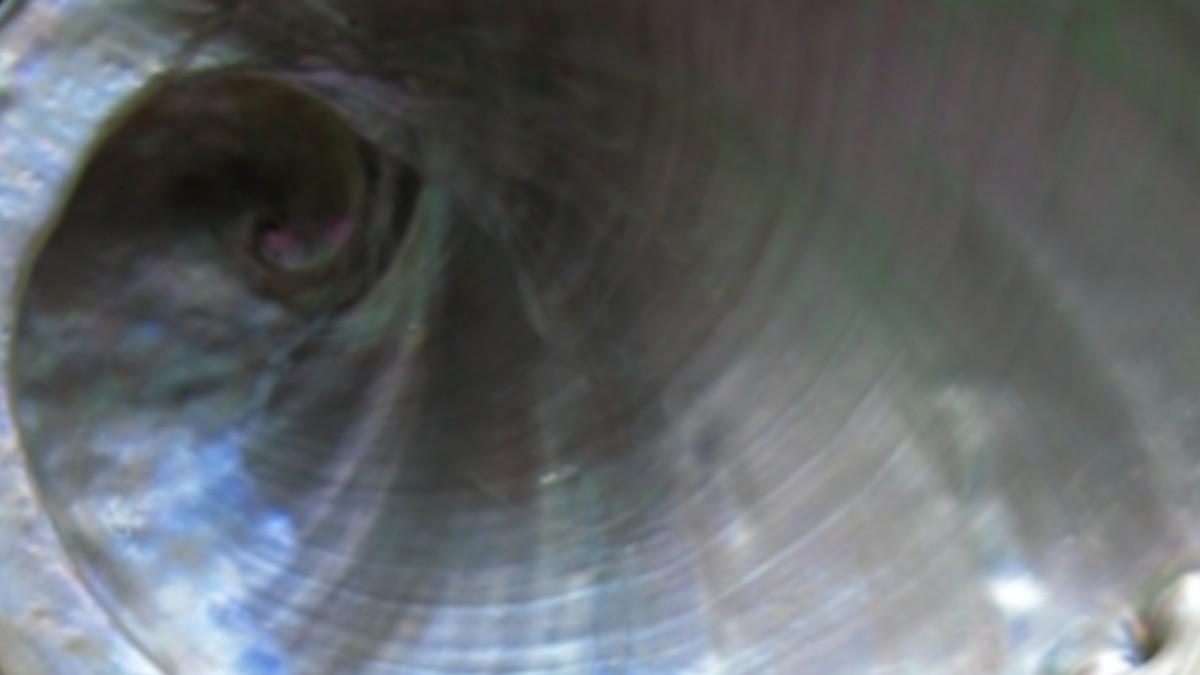 ©
Denis Gebauer
©
Denis Gebauer
When it comes to the development of new synthetic routes to advanced materials, a promising strategy is to seek inspiration in natural examples (biomimetics). The performance of biologically formed minerals, so-called biominerals like bone, teeth or nacre, remains unmatched by corresponding man-made materials. In biological materials, sophisticated structures elegantly conform to their function, demonstrating that target-oriented control over crystallization is possible, in principle.
To this day the mechanisms underlying in vivo and in vitro controls over crystallization remain largely unknown. So as to mimic structures of biominerals – for instance, in implants – or for the development of new bottom-up synthetic routes to advanced materials, these gaps have to be filled.
It is generally assumed that in vivo crystallization controls rely on the interplay of dissolved bio(macro)molecules and insoluble organic matrices with the nascent minerals. In vitro, this can be explored employing synthetic (biomimetic) additives. Organic-inorganic interactions modulate crystallization processes, and play important roles throughout the different stages of crystallization. In this area of research, we study:
- Mechanisms of additive-controlled nucleation and crystallization
- Role of pre-nucleation clusters and amorphous intermediates in living systems (biomineralization)
- Principles of anti-scaling and antiscalants
- Utilization of non-classical notions of nucleation and growth for the development of new bottom-up synthetic strategies for the generation of advanced functional materials
Mechanisms of solid state formation
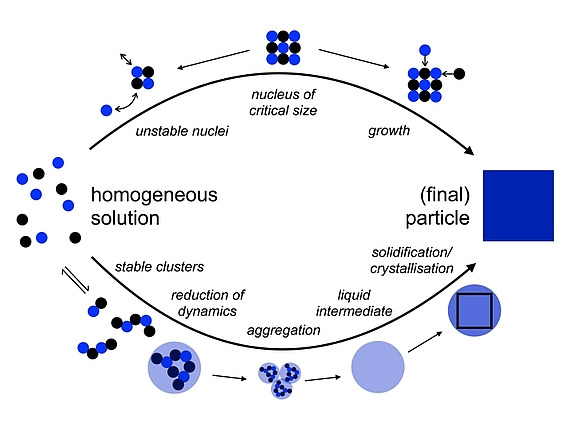
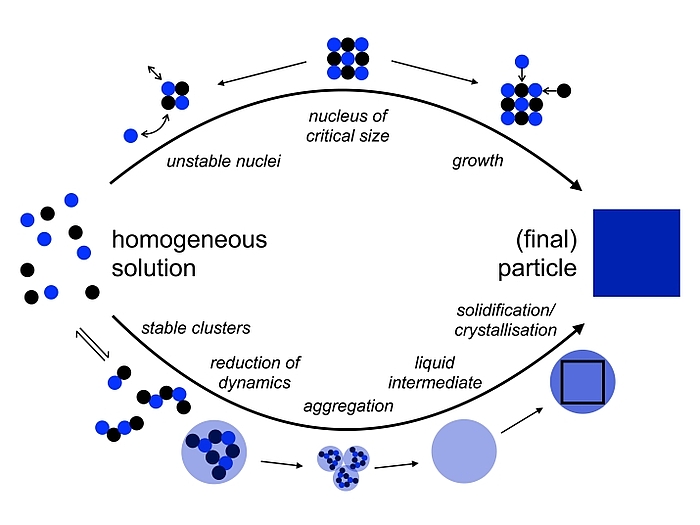
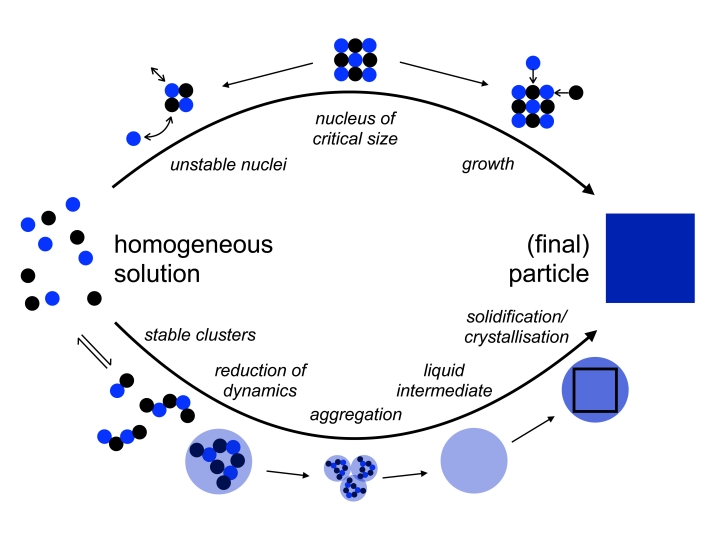
Numerous studies on the formation of solids – especially in bio- and biomimetic mineralization – have shown that the textbook view on nucleation and growth is too simplified. So-called “non-classical” notions, which account for the formation of stable pre-nucleation clusters and amorphous intermediates, are often clue to an advanced understanding of the mechanisms of the formation of solids from solution. Corresponding insights can be utilized in various areas, ranging from materials chemistry and pharmacy, to construction and implant technologies, or medicine.
We work on the most important biominerals, calcium carbonate and phosphates, further technologically relevant barium, iron and aluminium compounds, but also small organic molecules, some of which are pharmaceutically active. Our research concerns, but is not limited to, the following areas:
- Thermodynamics of stable pre-nucleation clusters and metastable nucleation intermediates
- Nucleation and growth kinetics taking stable clusters and metastable intermediates into account
- Structure and dynamics of pre-nucleation clusters
- Proto-crystalline structures in amorphous intermediates (polyamorphism) and their crystallization
- Implementation of the pre-nucleation cluster notion in a quantitative non-classical nucleation theory
- Role of non-classical species in crystal growth
Cooperations
National cooperations
International cooperations
Head of the group
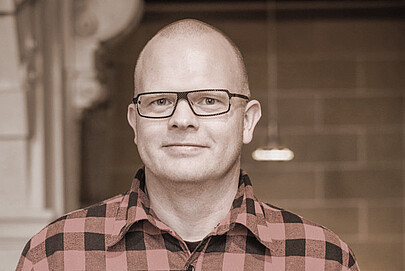
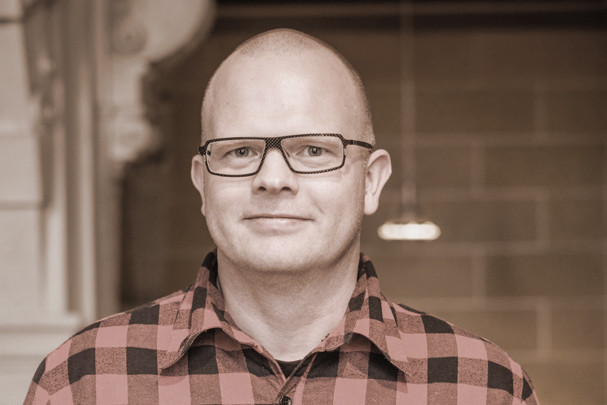
30167 Hannover




